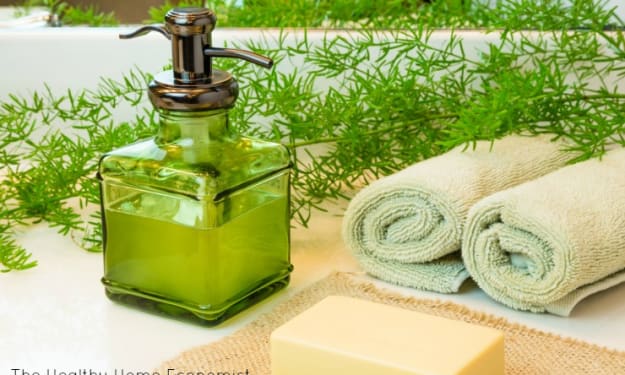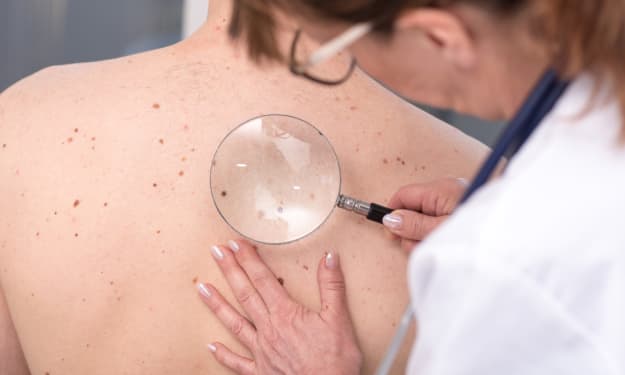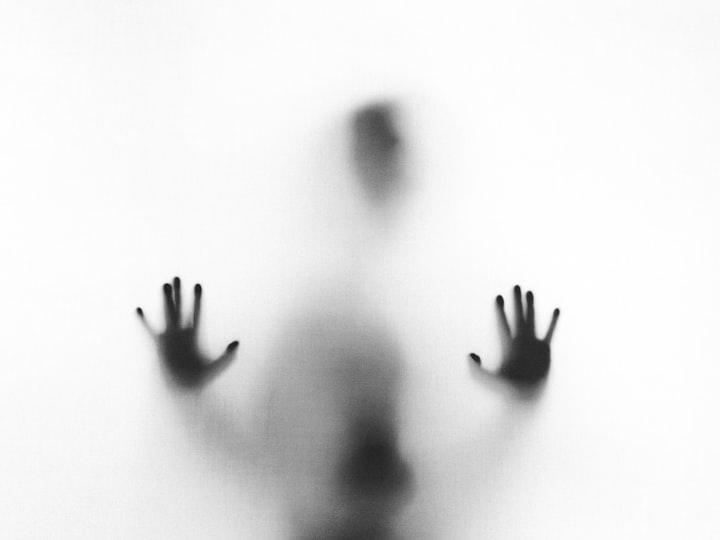The Only Face Masks You'll Ever Need
Cheap, easy, effective. These five DIY acne-fighting face masks will change the way you think about your personal care routine.

Most over-the-counter acne treatments contain harsh ingredients that can do your skin more harm than good. The next time you go to wash your face, take a look at the ingredients on the back. Chances are, you'll find things such as fragrance, sodium lauryl sulfate, butylated hydroxyanisole, parabens, polyethylene, retinyl acetate, and many more chemical compounds neither of us can probably pronounce. But what are these chemicals' purpose and what do they really do to our bodies?
Many can actually cause skin irritation and rashes, disruptions of the skin’s natural oil balance, and eye damage. It is widely believed that sodium laurel sulfate is a major contributor to cystic acne around the mouth and chin. Ironic, since that's the very thing these products claim to reduce and prevent. In studies conducted by the National Toxicology Program, butylated hydroxyanisole (BHA) was classified as reasonably anticipated to be a human carcinogen. BHA can cause skin depigmentation, produces liver damage, causes stomach cancers (papillomas and carcinomas), and interferes with normal reproductive system development and thyroid hormone levels. Retinol products that are often used in anti-aging products actually have the opposite intended effect and become carcinogenic in sunlight—a good reason to avoid any sunscreens containing retinol-derived ingredients.
In recent studies, parabens have been linked to breast cancer, skin cancer and decreased sperm counts (Harley et al, 2019). And those tiny plastic beads in face scrubs and exfoliating washes? They're made from the synthetic chemical polyethylene, which is frequently contaminated with 1.4-dioxane (an organic ether compound), considered a probable human carcinogen which readily penetrates the skin (US FDA). Polyethylene has been noted as a skin irritant and should never be used on broken skin. Additionally, polyethylene beads in face scrubs and body washes are not filtered out of wastewater by sewage systems. The result: they collect pollutants and travel into waterways and to the oceans, where they’re consumed by fish and other marine animals and can end up back in our bodies in the seafood we consume. So to clean up your skin, your body's pH, the planet, and your bathroom counter, skip the chemicals and go with an all-natural treatment instead.
Below are five of the most effective face masks I found, all made from easily accessible ingredients you probably have hanging out in your pantry this very minute. They're cheap, they're easy to make and use, and they don't harbor any hidden evils camouflaged by technical names or gloss over terms like fragrance. Each has slightly different properties depending on the specific ailments they intend to treat and since not all skin types are created equal (oily versus dry skin will have different results with the same masks) it's possible you will see different results with each recipe. My only word of advice, if you have an allergy or sensitivity to mango, you might forgo recipe number four for the redness reducer as it contains papaya, a relative of the mango, that contains the same chitinase-like protein that causes many adverse reactions in persons with a mango sensitivity.
How to Use Masks
- Remove any makeup, then wash face with warm water to clean skin and open pores.
- Apply mask of choice and let sit for 15 minutes.
- Gently massage skin in small circular motions. This helps remove dead skin cells that clog pores when left on the surface of the skin.
- Rinse face with warm water to remove mask (for those that leave you feeling a bit slick you can use a loofa or face cloth), then splash with cool water to close pores.
- Pat skin dry with a clean towel.
1. pH Stabilizer

My personal favorite, I've seen the most benefits using this mask.
Baking soda, that unassuming household item, is actually one of the most versatile cleansing agents you can get your hands on. It can be used to clean counters, scour pots and pans, scrub teeth, and even detoxify skin. Another surprising benefit: it’s a natural exfoliant (especially for those of us with sensitive skin). Baking soda also helps keep the pH levels in your skin balanced, an important factor when fighting acne.
Ingredients
- 1 tbs Coconut Oil
- 1 tsp Baking Soda
- Mix coconut oil and baking soda.
- Stir until the ingredients form a smooth paste.
- Add more baking soda one pinch at a time until paste becomes thick and smooth.
2. Skin Toner

It's good for retaining moisture and keep skin firm and toned.
A natural nourishing agent renown for its ability to help skin retain moisture, honey helps prevent your body from producing excess oils that can lead to acne when they accumulate in your pores. Oats contain pH-balancing properties that helps keep your skin clearer and healthier. Add to that the lactic acid in whole milk for it's skin-tightening properties, and you’ve got a grade-A recipe for all your acne-prevention needs.
INGREDIENTS:
- 1 tbs Honey (preferably organic)
- 1 tbs Whole Milk
- 3 tbs Dried Oats
- Pour dried oats into a blender.
- Add whole milk and mix into a paste.
- Mix in honey.
3. Fungus Fighter

There's a reason these ingredients keep being repeated.
An ideal choice to help fight acne, coconut oil has antibacterial, antiviral, and anti-fungal properties stemming from the medium chain triglycerides and fatty acids found within. Add the soothing and pH-balancing power of oatmeal to that and that's a perfect recipe for clear, smooth skin.
Ingredients
- 1 tbs Coconut Oil
- 3 tbs Oatmeal
- ¼ cup Warm Water
- Add oatmeal into a mixing bowl.
- Add water.
- Mix into a paste.
- Add coconut oil and mix well.
4. Redness Reducer

It's soothing, calming, and good for firming skin around eyes.
Papaya is chock full of the acne-preventing good stuff: vitamins A and C, beta hydroxy acid (which not only dissolves dead skin cells on the surface of the skin, but also dissolves the oil and breaks apart the debris inside the pores that commonly lead to acne), papain (dissolves and removes dead skin cells), and potassium (aides water retention in the body and thus helps firm skin and reduce wrinkles). When papaya is mixed with honest and egg whites, the resulting concoction is ideal for shrinking pores, reducing redness, and healing acne.
Ingredients
- ½ cup Papaya
- 1 Egg White
- 1 tsp Honey
- Add whipped egg white into mixing bowl.
- Mash papaya and add into whipped egg white.
- Add honey and mix well.
5. Scar Reducer

If you've only been using aloe vera to treat sunburns, you've been missing out.
Arguably the oddest pairing on this list, try this next face mask to fight breakouts, reduce acne scarring, and tone your skin. Used to treat burns, acne, and dry skin, aloe vera contains antioxidants, enzymes, vitamins A and C, and is highly anti-inflammatory. Tomatoes include a high percentage of nutrients that are beneficial for the skin, including vitamins A and C, lycopene (helps prevent damage caused by excessive exposure to sunlight) and various proteins.
Ingredients
- 1 tbs Aloe Vera Gel
- 2 tbs Tomato Juice
- Add tomato juice into large mixing bowl.
- Add aloe vera gel and mix well.
About the Creator
Alana Boyles
A lifelong aspiring writer with a Master's Degree in Marine Biology & Ecology.
Passions include literature, music, travel, and environmentalism.
Follow along on IG @alanalb93, creator of @pendragon_studios and @forever_epigram.






Comments
There are no comments for this story
Be the first to respond and start the conversation.